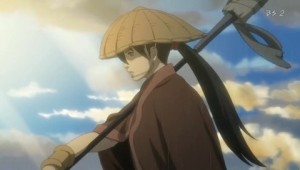 Sometimes anime writers just say “screw it” at the very end of a series. After 26 or more episodes of plot and character development, it’s like the writers get lazy and just cut the loose ends. Often they take a page from Shakespeare and just off everyone. Writers also try to make an ending seem “deep” by leaving us with a scene that either doesn’t make any sense thanks to the psychobabble or is confusing and ambiguous.
Sometimes anime writers just say “screw it” at the very end of a series. After 26 or more episodes of plot and character development, it’s like the writers get lazy and just cut the loose ends. Often they take a page from Shakespeare and just off everyone. Writers also try to make an ending seem “deep” by leaving us with a scene that either doesn’t make any sense thanks to the psychobabble or is confusing and ambiguous.
It sucks when an otherwise good anime ruins itself in the very final scene like that.
I don’t expect every anime to have a happy ending. That is boring. Sometimes characters are so screwed up they can’t have a standard happy ending. The best they can do is live on with their lives…When they are allowed the live anyway.
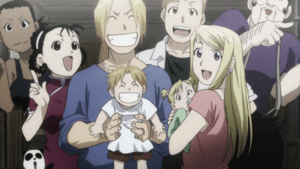
Anime writers often don’t have to balls or ovaries to face the wrath of their fans. Hence the confusing and non-conclusive endings. They don’t want to force a direction for a much loved character. They leave the fans to fill in the gaps. Now this is usually good storytelling, except in anime’s case. Open ended, ambiguous endings like in Code Geass, Requiem for the Phantom, and Evangelion are just lazy. The key to a good ending is closing the story. After the story is closed the reader can fill in any gaps they want. But anime often fails to completely and decisively close a story. Of course, a lot of American television shows do the same. Gotta have space for that sequel!
The best stories are those with a definitive ending. The viewer needs to feel satisfied and maybe even a little sad.
“Deep” endings often leave me cold. The ending for Requiem for the Phantom left me feeling cold and cheated. It was a generally good anime up until the final 5 minutes. Those last minutes ruined the story. Endings separate the sheep from the goats.
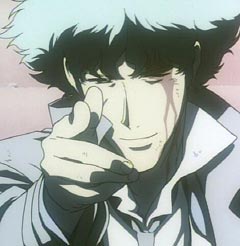
Shakespearean endings are just as annoying as ambiguous endings. Either everyone dies except for one or 2 characters or people crack. The ending for Evangelion fell into pseudo-Jungian psychobabble of insanity akin to what went on in King Lear’s mind. It took what was already an annoying character and made him even more emo and annoying. Shinji going “up the street” with a razor would have ended the series on a better note than the psychedelic pencil scratchings the final episodes contain.
This isn’t to say all ambiguous or Shakespearean endings are bad. They are just difficult to pull off . Closure is needed. Cowboy Bebop, FLCL, Samurai Champloo, Eureka Seven, and Moribito all have open endings, but they closed their stories. There is plenty of room for fans to write what happens after each. They leave the viewer feeling wistful, a little sad, and satisfied; they are also not all happy endings.
Anime tries too hard. Truly deep endings are driven by the depths of the characters and plot. If a story has good characters, writers don’t have to kill them, make them go insane, or anything else anime tries. The characters simply live on and leave their influence on the viewer’s imagination. It is the characters’ impact that makes the story a success and a story end. Everything else is just crappy writing.
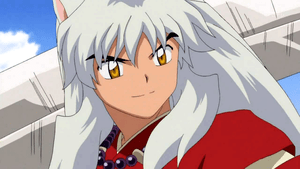
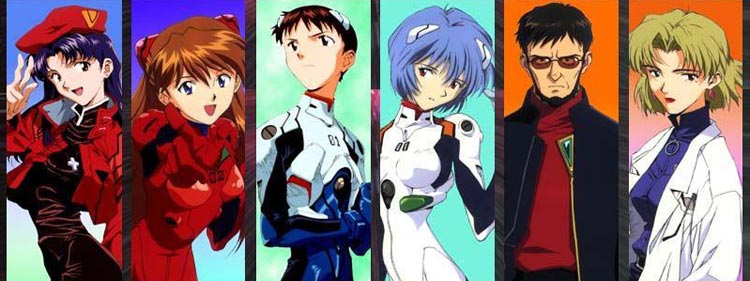
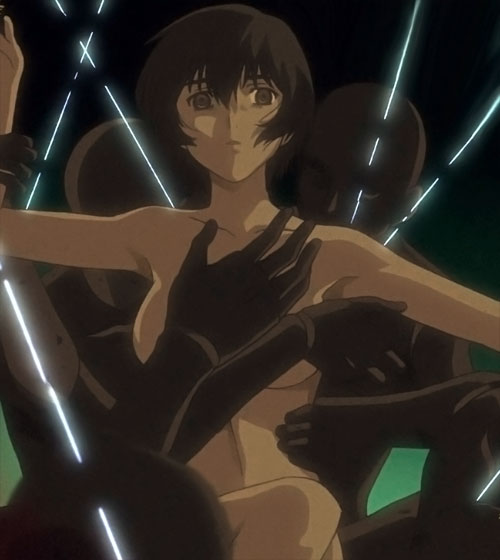
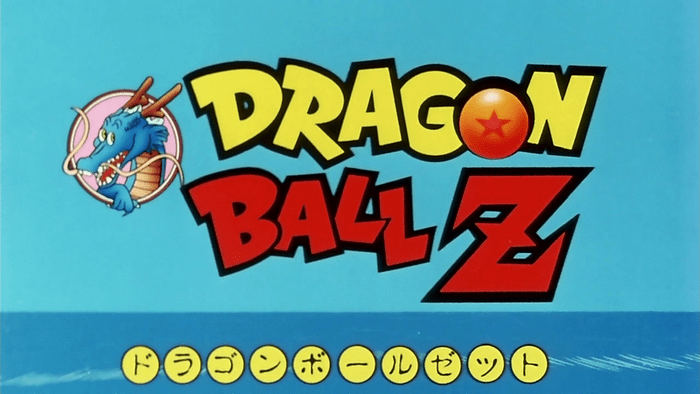
Reminded me of a friendly comment regarding East Asian literature that I recently left elsewhere. Stories tend to be character rather than event driven. Consequently…:
“You’d be frustrated by traditional East Asian stories. They tend to just stop once all of the characters are fully developed. My favorite Japanese book is about a woman’s recollections of her early childhood after the death of her father. When you finally figure out that she has been contemplating whether or not to end her own life, the story just stops with her watching a jet contrail slowly disappear as she’s staring into the “sky” (using a synonym for the Japanese element of “void” 空). “
Why do you think open endings are so common?
Good question. Maybe make a good research topic. My guess is a philosophical combination of a “Greek tragedy” like attitude that a person’s fate is sealed by one’s nature, and identity as tied to social interaction. Rather than story-arcs, characters are revealed through interactions with others. So from a “feel” perspective, being spoon-fed an ending comes across as almost insulting… kind of like, “I get it already.”
If you’ve ever watched, “Crouching Tiger, Hidden Dragon”, it’s kind of a fun, somewhat Westernized version of the approach. Each person’s character is revealed until, at the ending, while you really understand them, you also don’t actually know what happens to either of the main characters.
BTW – In the story I mentioned, I decided that the main character did not end her life.
Have you noticed how many people can’t seem to understand stories unless they are spoon-fed? I consider all the online comments about The Legend of Zelda: Breath of the Wild when it realized. People griped that there wasn’t that much story, when the story was told indirectly through everything you see.